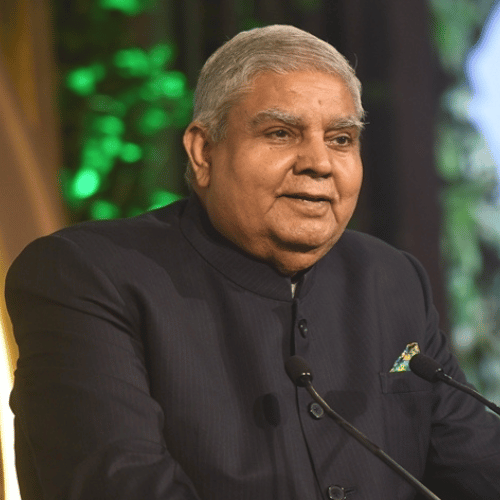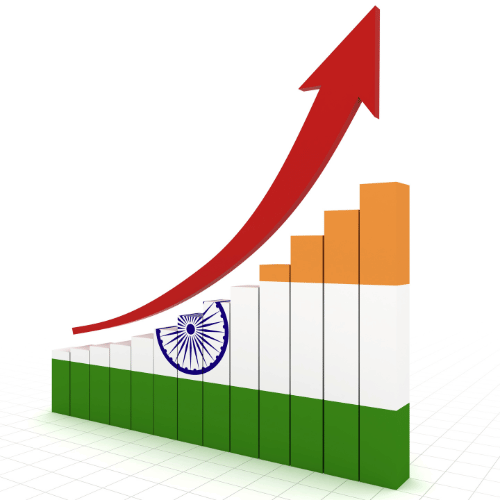An official survey released on Saturday revealed that factory activity in China increased in September for the first time in six months, adding to a slew of signs that the world’s second-largest economy has begun to bottom out.
According to the National Bureau of Statistics, the purchasing managers’ index (PMI), which is based on a survey of major manufacturers, increased to 50.2 in September from 49.7 in August, edging above the 50-point threshold separating contraction from expansion. A projection of 50.0 was exceeded by the reading.
The PMI, the first official numbers for September, adds to indications that the economy is stabilising after gaining initial steam early in the year when China’s extremely restrictive COVID-19 restrictions were eased. The economy had slowed after that first spurt of activity.
August saw the first indications of stabilisation, with retail sales and industry output growing more quickly as export and import declines slowed and deflationary pressures subsided. Industrial company profits unexpectedly increased 17.2% in August, reversing a 6.7% fall in July.
According to Zhou Hao, chief economist of Guotai Junan International, “the manufacturing PMI along with the strong industrial profit figures suggest that the economy is gradually bottoming out.”
The non-manufacturing PMI for China, which includes sub-indices for service sector activity and construction, increased as well, ending the month at 51.7 as opposed to 51.0 in August.
The manufacturing and non-manufacturing component of the composite PMI increased from 51.3 to 52.0 in September.
Consumer spending on this year’s longest public holiday is one of the near-term figures that economists are keeping an eye on. The Mid-Autumn Festival, which began “Golden Week” on Friday, was followed by the National Day holiday, which will last through October 6.
In a positive start to what officials had predicted to be “the most popular Golden Week in history,” state media announced on Saturday that train passenger travel on Friday hit 20 million trips, a single-day record.
Policymakers will appreciate more consistent economic data as they continue to battle a property sector debt crisis that has shook international markets. Although the housing market is far from recovering, the authorities have announced a number of measures to support it, including lowering mortgage rates.
In August, new home prices decreased at their fastest rate in the previous 10 months, and property investment fell for the 18th consecutive month.
The most indebted real estate developer in the world, China Evergrande Group (3333.HK), announced on Thursday that its founder was under investigation for alleged “illegal crimes”.
Due to the downturn in the real estate market, the Asian Development Bank this week lowered its estimate of China’s GDP growth in 2023 from 5.0% to 4.9%.
To ensure that China’s economy can meet the government’s growth objective of approximately 5% this year, analysts think further policy support will be required.
Zhiwei Zhang, chief economist at Pinpoint Asset Management, stated that the relaxing of property sector rules was a contributing factor in China’s economic stabilising.
The question of whether fiscal policy will improve going ahead is crucial. I believe it will, but timing-wise, the shift in fiscal policy attitude might take place in 2019 rather than this year.















